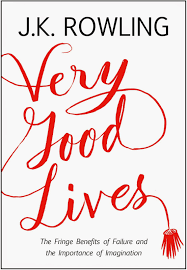To Be a Successful Author – it’s about more than the writing
The Olympic Games got me thinking about what it takes to be a succesful author. I watched U.S. gymnast Stephen Nedoroscik sit with his eyes closed amid the bustle of activity in the stadium as he awaited his turn on the Olympic stage. I wondered what he was thinking or visualizing.
It reminded me that when thinking about writing a book, much focus will be on the writing, as it should be, on platform building and, hopefully, your marketing strategy.
Focus is also required on who you need to be, and this way of being will lead you to be a successful author.
Today, I want to focus on this important and often less talked-about aspect of author success: your mindset and how you show up in the world.
The process of writing and publishing a book stirs up many emotions, self-awareness, self-image, and insecurities. It can cause you to question your sense of self, even around areas you may have thought you had already conquered or overcome self-limiting beliefs.
In my work with some of the most successful consultants and coaches, people at the top of their game professionally, I see them doubt themselves as they step into the new role of Author. I am not referring to the unfamiliarity of the book publishing process.
The hint of insecurity first appears when I ask who would be the ideal person to write their book’s foreword or approach for book endorsements.
Insecurities around being visible arise as we get nearer to the publication of their book.
Some of these thoughts and feelings will arise during your author’s journey. How you handle them can make all the difference in your success.
Here are some common vocalizations that I hear from authors:📚 Regarding the book topic and content:
Is it good enough? Does the topic matter? Do I have something worth saying?
📚 Regarding self- worth
Who am I to_______? Am I a person worthy of making an ask for my book from a celebrity, top industry professional, or someone I greatly admire
📚 Regarding putting oneself out there
What if no one reads it? What if I get a one-star review? What if no one likes it?
The good news is that these are all very common thoughts and feelings that most authors will have at some point.
And there are ways to navigate through these without letting them get in the way of your success.
Here are three top tips for supporting your mindset to be a successful author:
1. Act as if you already are that successful author
Take a page from Todd Herman’s book The Alter Ego Effect: The Power of Secret Identities to Transform Your Life.
The Core Self is where possibility exists. It’s this deep inner core where a creative force resides waiting to be activated by the power of intention. Cary Grant once said, “I pretended to be somebody I wanted to be until finally, I became that person. Or he became me.”― Todd Herman
2. Surround yourself with positive fans and supporters
Make sure you consult and spend time with people who believe in you. Look for those individuals who hold a bigger, bolder version of you and what you are capable of than you have of yourself and will encourage you to go for the gold.
3. Get Professional Support
The right book coach or mindset coach can be just who you need alongside you to guide you through your author journey and help you execute new tasks and initiatives while helping you slay the what ifs or who am I to’s in their tracks.
The goal is…even if you think the thought….do the thing anyway.
I do know for sure that you won’t get the outcome you’re aiming for if you don’t even make the ask.
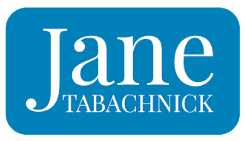
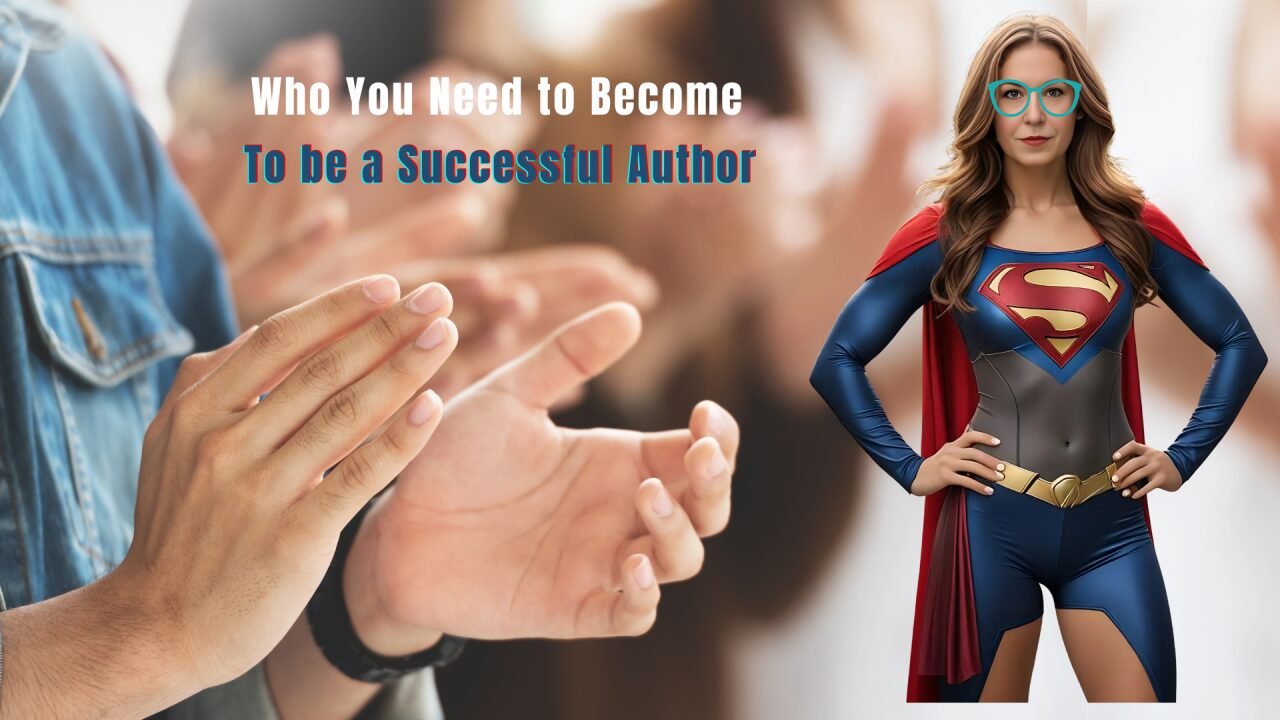
 The Olympic Games got me thinking about what it takes to be a succesful author. I watched U.S. gymnast Stephen Nedoroscik sit with his eyes closed amid the bustle of activity in the stadium as he awaited his turn on the Olympic stage. I wondered what he was thinking or visualizing.
The Olympic Games got me thinking about what it takes to be a succesful author. I watched U.S. gymnast Stephen Nedoroscik sit with his eyes closed amid the bustle of activity in the stadium as he awaited his turn on the Olympic stage. I wondered what he was thinking or visualizing.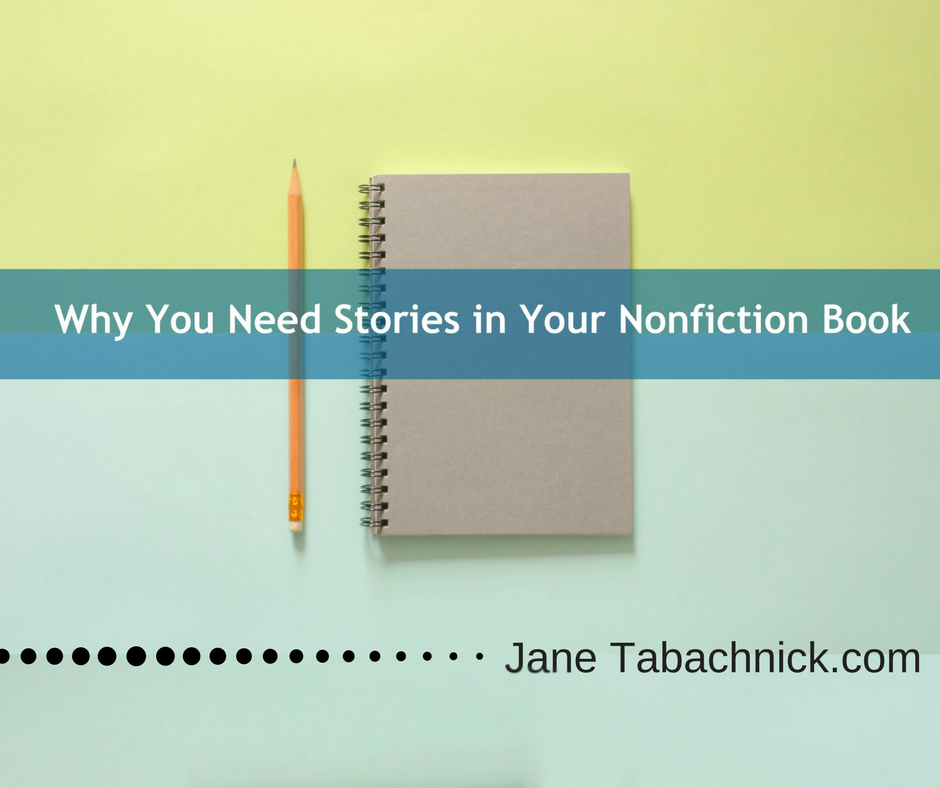
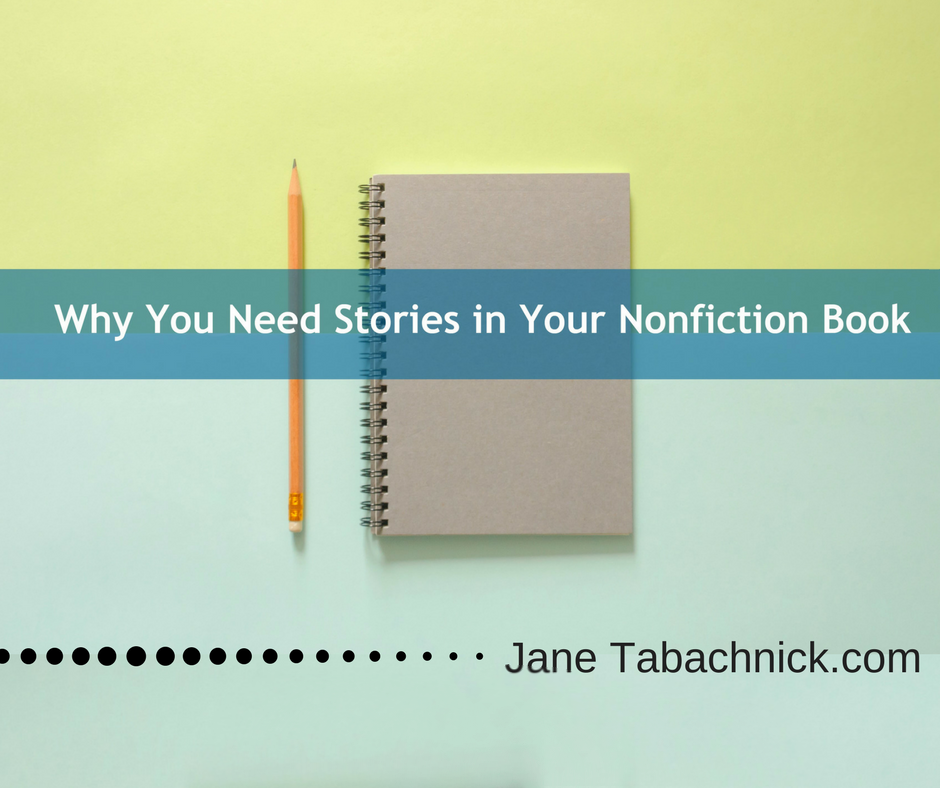 Our brains are wired for stories. They can create an emotional connection and are easier to remember than text or facts.
Our brains are wired for stories. They can create an emotional connection and are easier to remember than text or facts.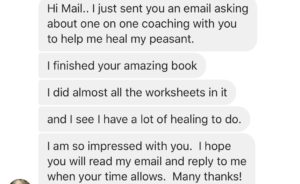
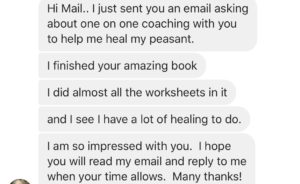 The message, which you can see in the image to the left, was from a reader, who was so excited and ready to sign up for coaching with Mai after reading her book that she emailed her and then sent her this message on Facebook to make sure Mai saw it as soon as possible.
The message, which you can see in the image to the left, was from a reader, who was so excited and ready to sign up for coaching with Mai after reading her book that she emailed her and then sent her this message on Facebook to make sure Mai saw it as soon as possible. Staring down the blank page with the thought of having to start writing your book is enough to keep most people from simply getting started. Even published, successful writers will speak about the challenge of writing. Continuing on from
Staring down the blank page with the thought of having to start writing your book is enough to keep most people from simply getting started. Even published, successful writers will speak about the challenge of writing. Continuing on from 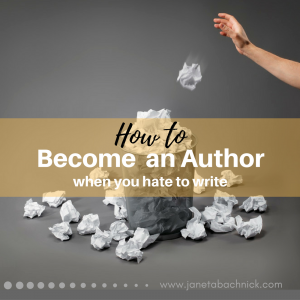 It would seem to be an oxymoron that you can become an author if you hate to write, however it is in fact possible. You can do so in the 4 ways I outline below without requiring a ghostwriter to create your content.
It would seem to be an oxymoron that you can become an author if you hate to write, however it is in fact possible. You can do so in the 4 ways I outline below without requiring a ghostwriter to create your content.